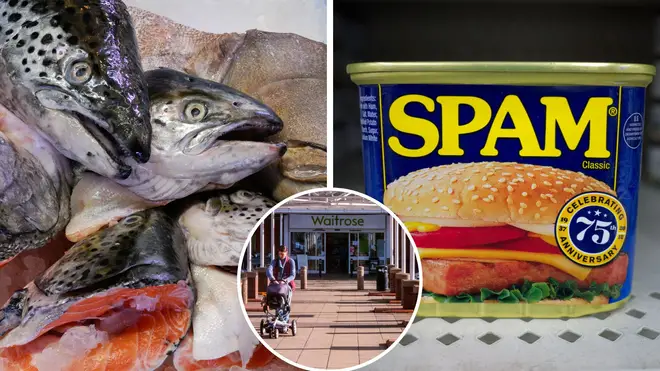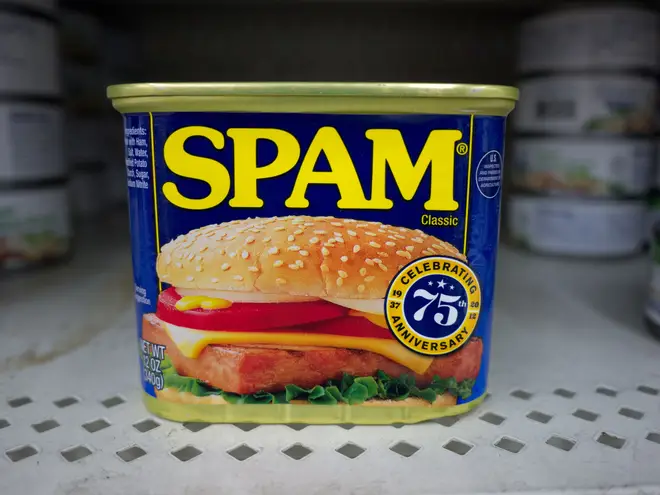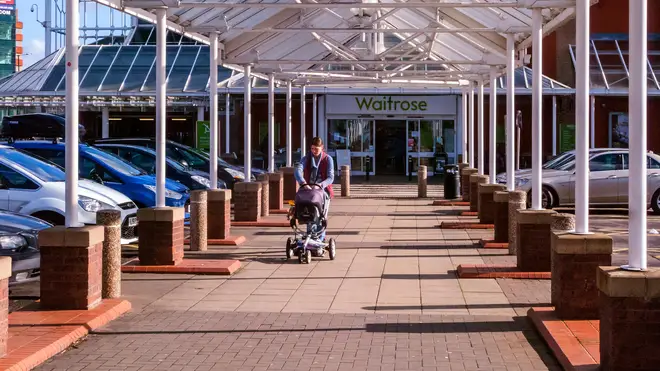
Ian Payne 4am - 7am
20 October 2022, 10:20

Sales of fish heads and spam have skyrocketed as the cost of living crisis bites, with supermarket bosses finding customers are fearful of how their wallets will be hit over winter.
Almost three-quarters of customers are now "more mindful" about how much they can stretch for their food shop, with Waitrose finding in its annual report that more than a third are worried about impending costs.
Rising shopping bills are going to be worsened by increased energy costs, which are still higher than before despite the Government's energy price guarantee scheme.
Waitrose said that fish head sales have gone up 34% while spam is up by 36%.
Its executive director James Bailey said: "The events of the last year have created a difficult backdrop for many people and like all supermarkets we've had to judge the mood and react.
"We're seeing some big changes."
The report also found that 32% of customers look out for special offers more than before.
Consumers are facing the highest rate of grocery price inflation every recorded.

The average household could see an extra £643 on their annual bill, taking it to £3,265 if they keep their shopping habits and continue to buy the same goods.
One in five now buy loose vegetables to save cash while 23% have turned to "own-brand" items.
And 39% of respondents are using their freezer more to cut waste and save money.
Read more: Asda enters convenience store war: Supermarket announces 30 new 'Express' shops
Mr Bailey added: "As customers' budgets are squeezed, making sure you don't waste the food you do buy will become more important."
However, customers appear to have turned more to the treat aisle than before.
A total of 30% said they were buying more desserts, with custard tarts, eclairs and the cappuccino mousse among the most popular.

Inflation was reported as surging to double figures again earlier this week.
In July, inflation reached a 40 year high of 10.1% before easing slightly in August, to 9.9% as a result of falling petrol prices.
Figures from the Office of National Statistics show it crept up again in September to 10.1%.